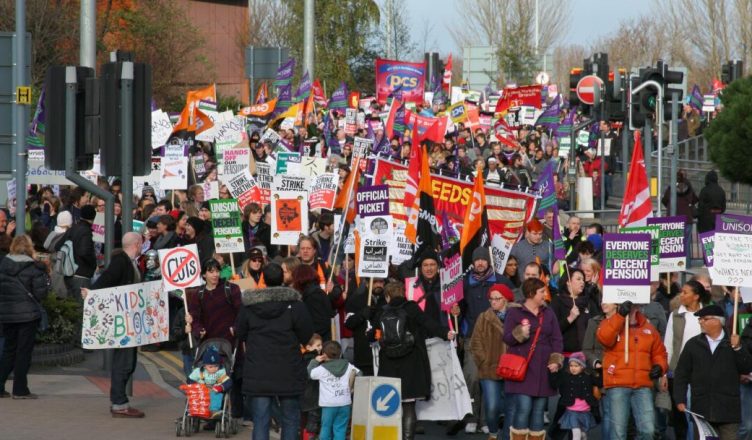Back in 1992 Francis Fukuyama talked about the End of History in his book The End of History and the Last Man. By this he meant that humanity had reached the endpoint of evolution and that no significant changes would now happen. Fascism and communism (what Fukuyama regarded as communism but was a monstrous and repressive form of state capitalism) had been defeated and there was no other alternative to a market economy and so-called liberal democracy. This tippexed out the role of the working class in acting as a motor of social change and other alternatives to capitalism like anarchist communism. The ideology of liberalism was now triumphant, and if not immediately dominant, would be very soon. This implied also that a mighty champion of liberal democracy and the market economy, the United States, would remain in a position of world dominance.
Fukuyama believed that with the end of history, international relations would be concerned first and foremost with economic matters and not with politics and strategy, making the chances of widespread international warfare unlikely. Fukuyama’s views were enthusiastically taken up by the bourgeois media, keen on stressing that there was no alternative to modern capitalism and that any idea of radical change should be forgotten. It was all part of an ideological onslaught, where the ruling class’s pet intellectuals trotted out crass theories designed to show the uselessness of struggle and of a radical alternative to capitalism.
Thirty-one years later, Fukuyama’s ideas are looking very threadbare indeed. Liberal democracy and the ideology of the market have led to the dismantling of social welfare systems throughout the world and the impoverishment of the working class. The threat of violent international conflict is at its highest since the days of the Cuban missile crisis of 1962. Far from liberal democracy reigning supreme, we have Russia, where a restored capitalism is controlled by a robber class composed of elements of the old State and Party bureaucracy including leading members of its security services like Putin, in alliance with the military and the heads of the Orthodox Church. Whilst Russia is in severe difficulty on many levels, a buoyant capitalist economy in China is tightly controlled by the Communist Party there, and China is now challenging the United States as the great world power. China and Russia both look towards support for the viciously authoritarian rule of the mullahs in Iran, the murderous dictator Assad in Syria and the equally repulsive Kim Jong-un in North Korea.
Now too, the working class is beginning to rear its head again. Of course, class struggle has always taken place even at the times of heightened social peace. It demonstrated itself in wildcat and official strikes, absenteeism, working slow, skiving, sabotage and riots.
Now that capitalism is forced to increase its attacks on the working class in order to preserve its profits, the working class is driven into struggle by necessity, necessity to preserve the old social welfare benefits that had been won through struggle in the first place, and to fight against the cost of living crisis. This can be seen in the mass wave of strikes that has taken place in France to defend pensions, a struggle that is continuing. It can be seen in the unprecedented wave of strikes in the UK, involving different sectors. It can also be seen in Portugal, where workers came out on a large-scale strike wave and took to the streets over better pay and pensions and to demand that food prices be frozen. Rail workers and teachers have been on strike for two months and further strikes in other sectors are in the offing. In Germany, an extremely large strike hit Europe’s largest economy in late March, with 2.5 million service workers and 230,000 transport workers taking action on March 27th. This strike was preceded by a well-supported strike by airport workers in February, strikes by many nursery and kindergarten workers on March 8th, International Women’s Day, and three days later, the German postal service was forced to grant wage rises of 11% to 16% to its workers after a long drawn out struggle. Hospital and nursing home workers came out on strike on March 14th and 15th.
A massive strike by public sector workers took place in Belgium on March 10th, particularly affecting railways, buses and medical services. This was in response to worsening working conditions.
In Italy, baggage handlers, railway staff and public transport workers went on strike throughout March and plan further strikes into April.
In Spain, airport workers came out on strike in March with further strikes in April.
The tempo of the class struggle is speeding up. However, all of these struggles are defensive, in response to the vicious attacks of the boss class. Whilst these strikes are leading to a re-emerging class consciousness, to the awareness that workers belong to a class and that solidarity and direct action are necessary, we are far from a situation where our class is confident enough to develop its own base organisations and to proceed to profound social change.
That is why it is important now to push the idea of grassroots organisations against the machinations of the union bureaucrats, who are hindering and obstructing strike action both here in the UK and abroad. In future struggles, we need to look towards the creation of strike committees controlled by those on strike, and alongside these to the creation of bodies in the neighbourhoods and boroughs that draw in workers, the unemployed, unwaged house workers, school students and college students and pensioners, willing to both offer solidarity to workers, to fight austerity measures by local and national government, and to look towards the organisation of mutual aid structures, based on examples like the food programmes set up by the Black Panthers in the US and the alternative health services put together by medical workers in Greece.
The working class has re-awakened but it is still rubbing sleep from its eyes.

